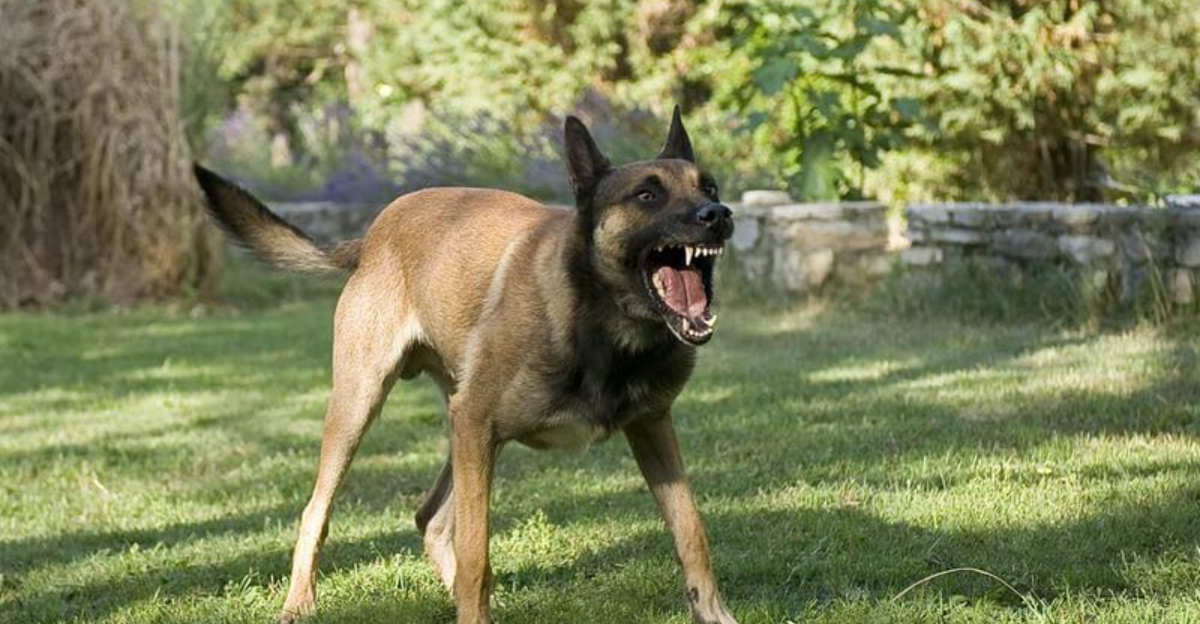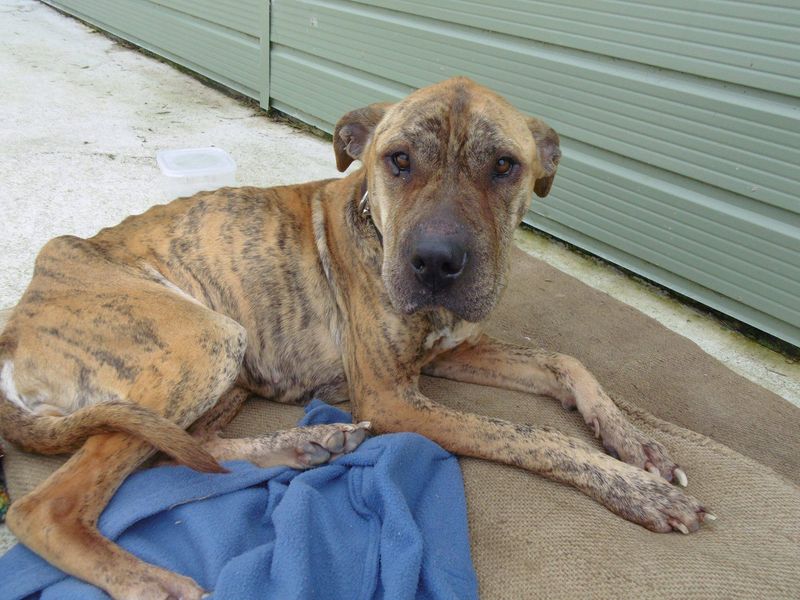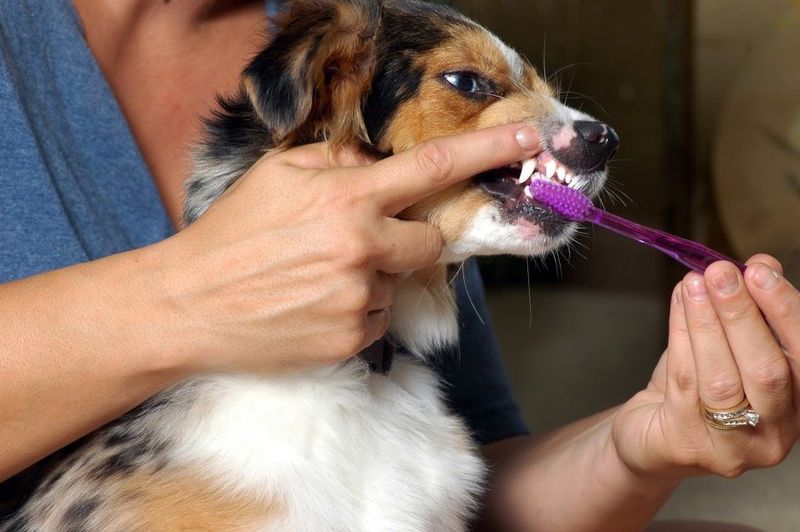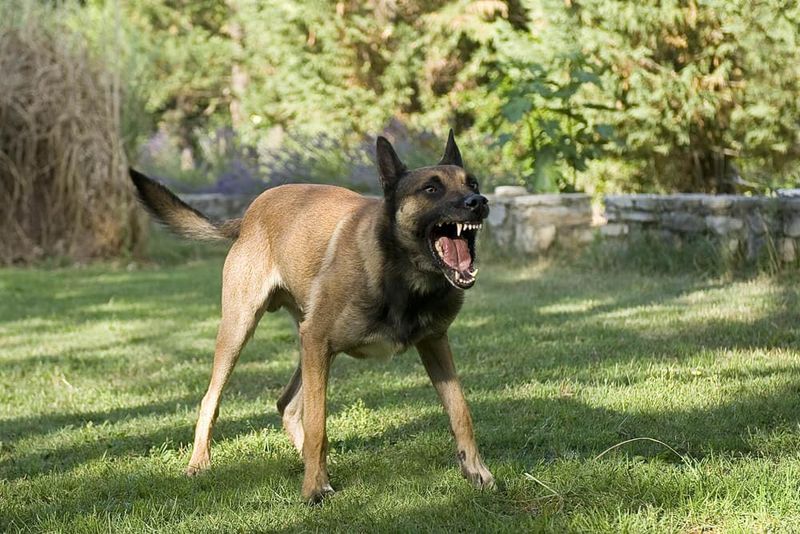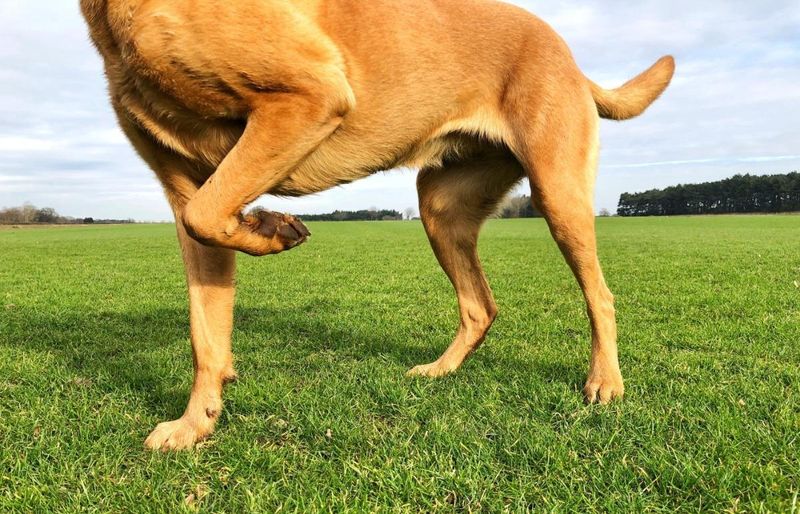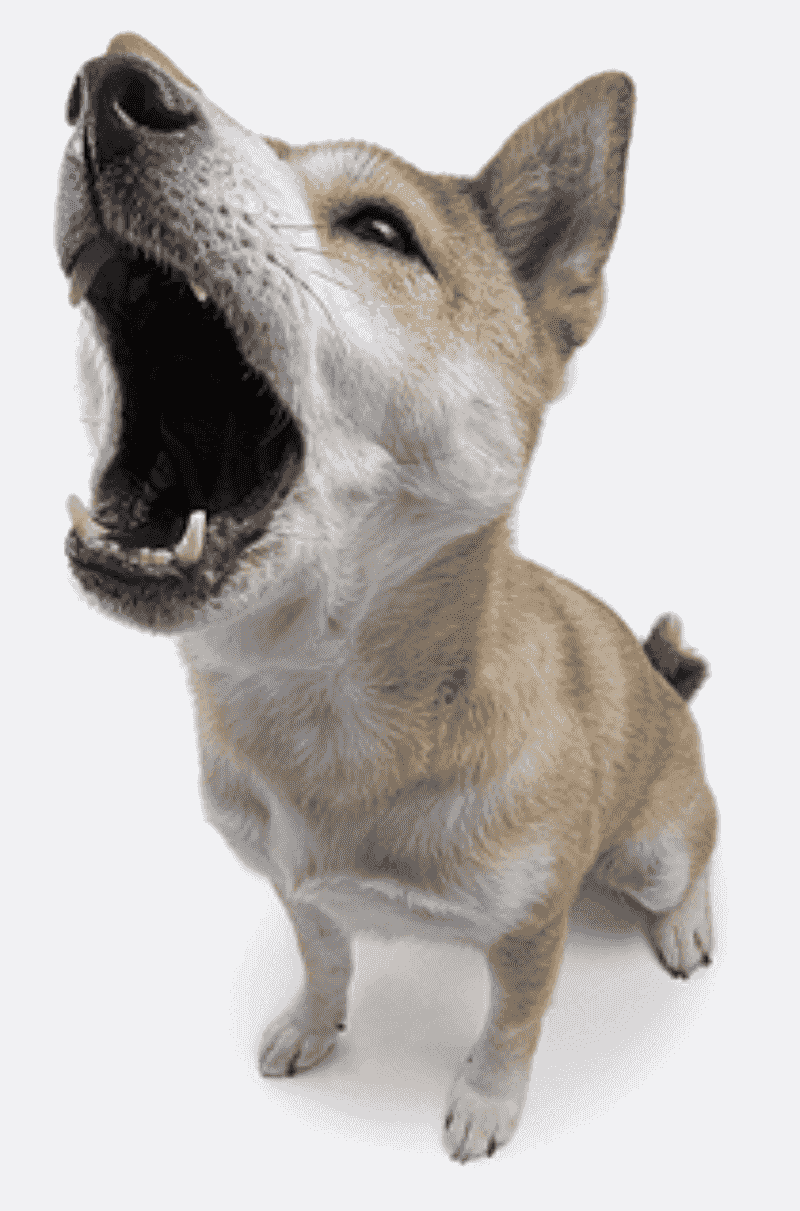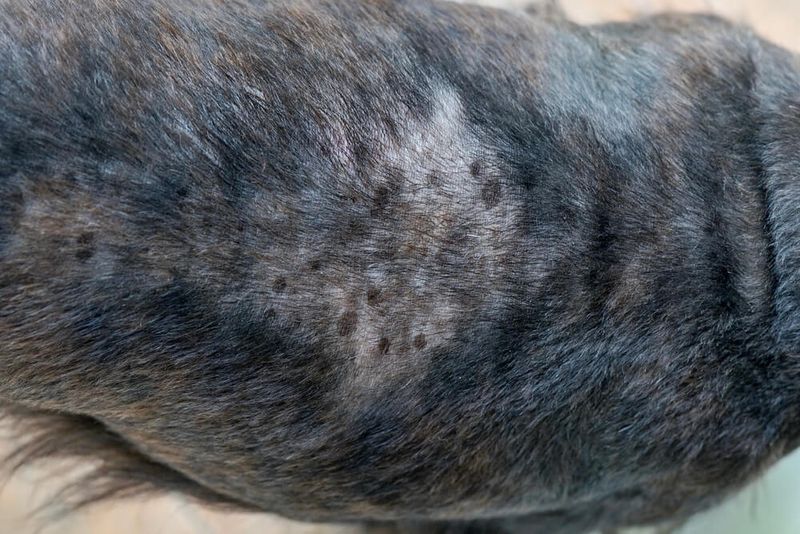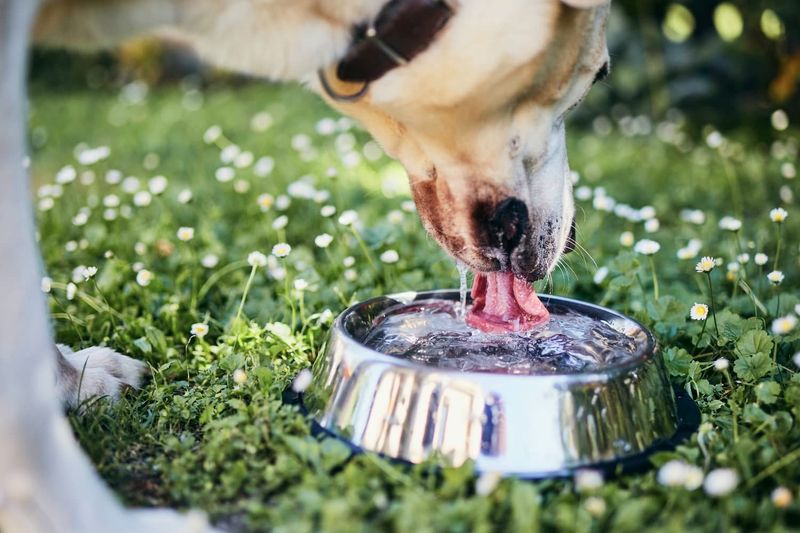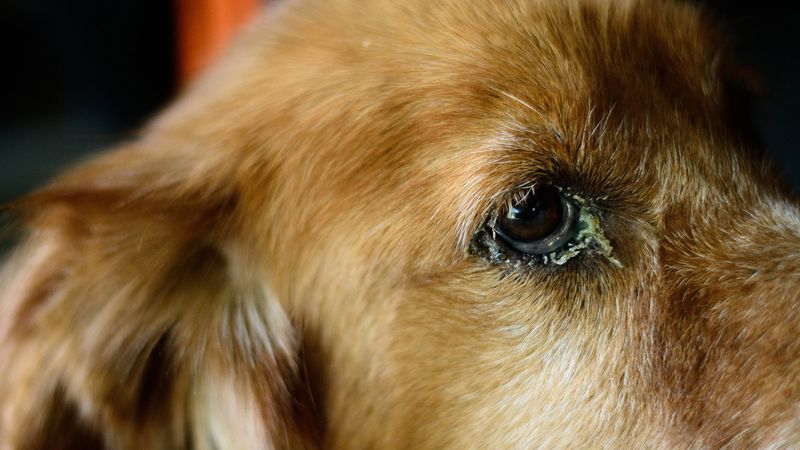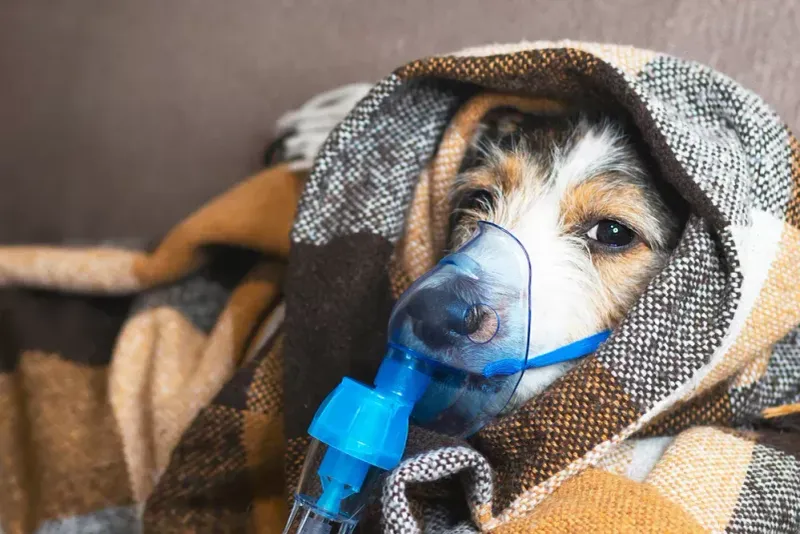Caring for a dog involves more than just providing food and shelter. It’s about understanding their needs and ensuring their well-being. Here are 15 signs that might indicate your dog requires better care.
Frequent Scratching
Your dog’s constant itching might be more than a minor annoyance. Allergies, parasites, or skin infections could be the root cause.
Check their skin for redness or bumps. Sometimes, a change in diet can lead to allergies.
Consult a vet to identify the cause and obtain proper treatment.
Excessive Chewing
“Chew, chew, chew!” Is your dog gnawing everything in sight? It might be teething, boredom, or anxiety.
Provide them with appropriate chew toys and observe their behavior.
If the habit continues, it could signal underlying stress or health issues that need attention.
Sudden Weight Loss
Weight loss in dogs can be a worrying sign. It may indicate parasites, diabetes, or even cancer.
Monitor their eating habits. Are they eating less or vomiting?
A veterinary check-up is crucial to diagnose the issue and start appropriate treatment.
Bad Breath
“Phew, what a breath!” Bad breath might not just be a cosmetic issue. It could hint at dental problems or digestive issues.
Regular brushing and dental check-ups can help. Sometimes, a change in diet is needed.
Don’t ignore this sign as it might lead to serious health problems.
Unusual Aggression
“Why is my friendly dog suddenly aggressive?” This change can be alarming. Stress, fear, or illness could be causing this behavior.
Look closely at their environment. Has something changed? New pets or people can stress dogs.
Consider consulting a vet if aggression persists. They might uncover hidden health issues.
Limping or Lameness
Seeing your dog limp can tug at the heartstrings. Injuries, arthritis, or infections might be the cause.
Observe if they struggle with stairs or jumping onto furniture.
Consult a vet for a detailed examination to determine the cause and provide relief.
Constant Panting
Panting is normal, but excessive panting can signal distress. Heatstroke, anxiety, or heart problems might be involved.
Check if they’re panting despite being cool. Ensure they have access to water.
A thorough vet examination can rule out serious health issues.
Loss of Appetite
“Not hungry?” When dogs refuse food, it’s concerning. Illness, stress, or dental problems can reduce their appetite.
Notice if they’re acting lethargic or seem unwell. A change in food might help, but vet advice is essential.
Early intervention can prevent more serious conditions.
Excessive Barking
“Bark, bark, bark!” Excessive barking can be more than a nuisance. Anxiety, boredom, or territorial behavior might trigger it.
Training and mental stimulation can help curb this habit.
Consult with a professional trainer if the behavior doesn’t improve.
Unusual Sleeping Patterns
“Why is my pup sleeping so much?” Unusual sleep patterns can be a sign of discomfort or health issues.
Track their sleep and note any changes in behavior during wakefulness.
Consulting a vet can help diagnose underlying conditions affecting their sleep.
Dull Coat
A shiny coat reflects a healthy dog. Dullness might indicate nutritional deficiencies or skin problems.
Evaluate their diet and grooming routine. Are they getting enough fatty acids?
Vet consultation can pinpoint the issue and recommend dietary adjustments or supplements.
Increased Thirst
“Why so thirsty?” Increased thirst can hint at diabetes, kidney issues, or hormonal imbalances.
Monitor how much water they’re consuming daily. Sudden changes shouldn’t be ignored.
A vet visit is essential to determine the cause and start appropriate treatment.
Frequent Vomiting
“Oh no, not again!” Frequent vomiting can be alarming. It might indicate infections, poisoning, or digestive problems.
Keep an eye on their diet and avoid sudden changes.
Seek medical attention immediately if vomiting persists, as it might lead to dehydration.
Eye Discharge
Those soulful eyes shouldn’t be weepy. Eye discharge can point to infections, allergies, or foreign bodies.
Regularly clean their eyes and be alert for redness or swelling.
A veterinary check-up is crucial to address any underlying conditions.
Difficulty Breathing
Breathing difficulties are a red flag. Respiratory infections, allergies, or heart problems can be culprits.
Observe if they wheeze or have labored breathing during rest.
Immediate veterinary attention is necessary to treat possible life-threatening conditions.
